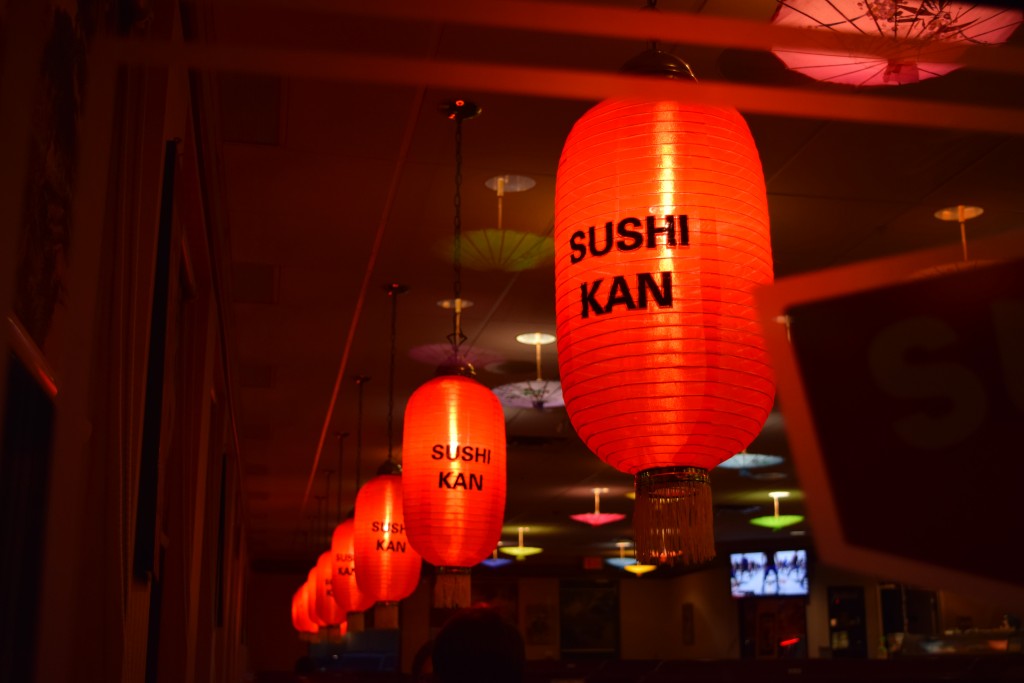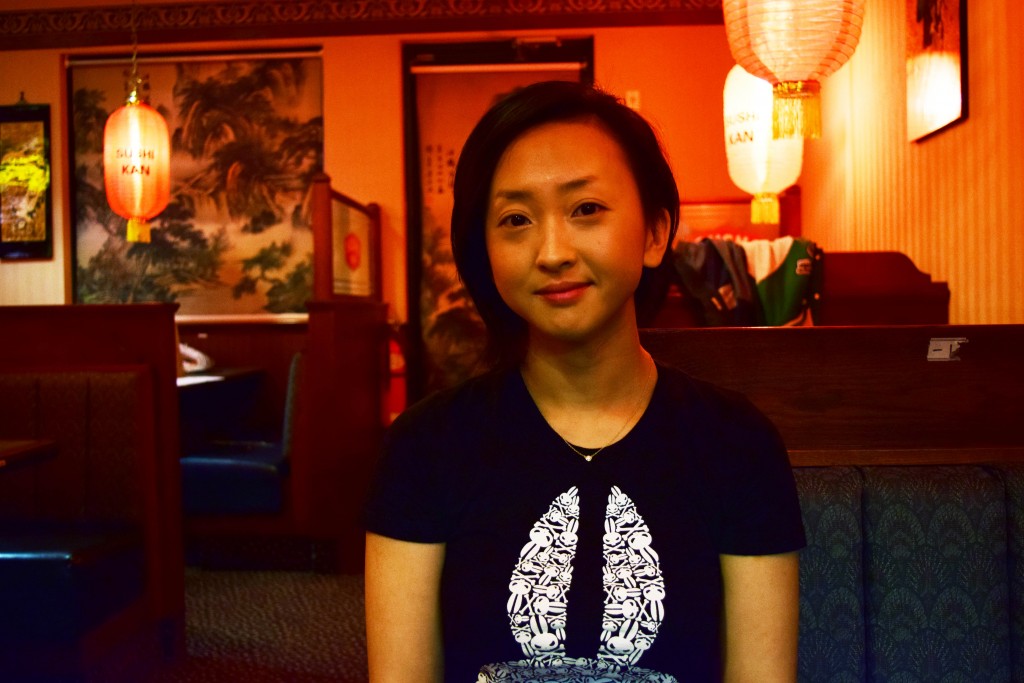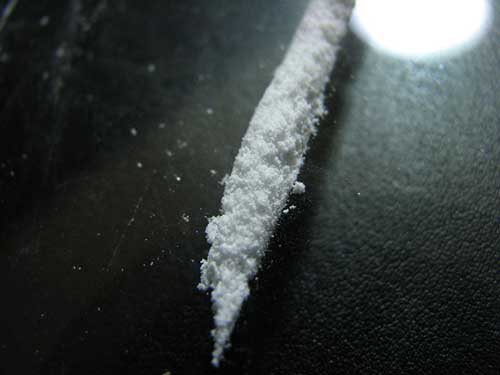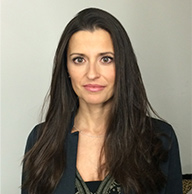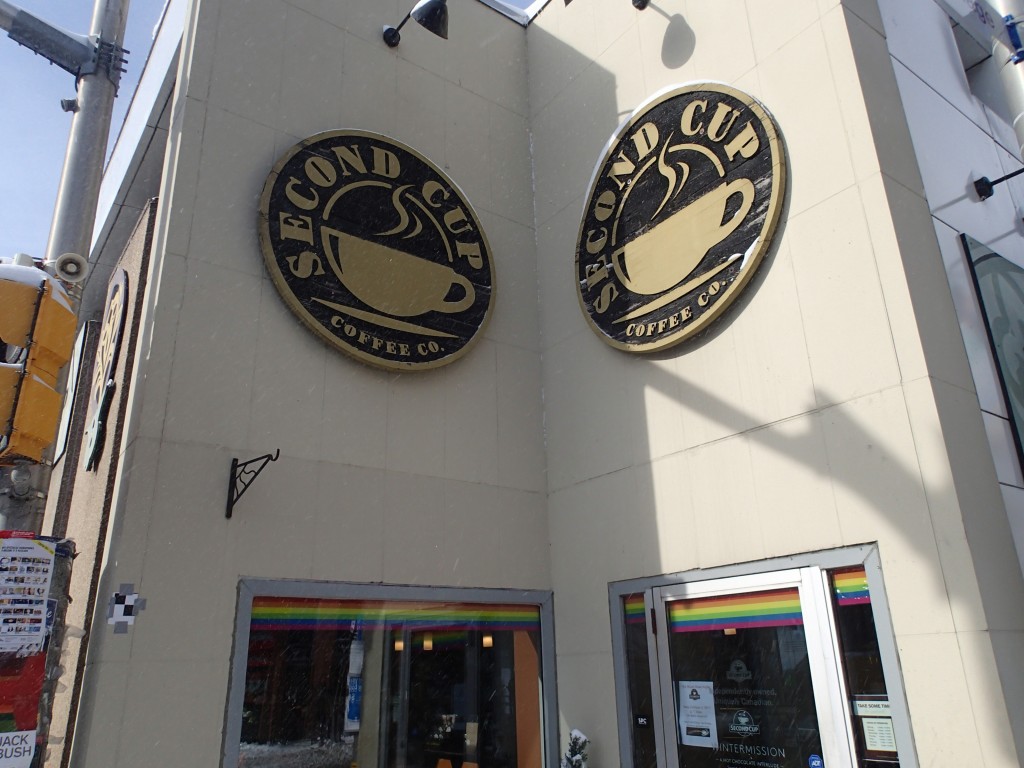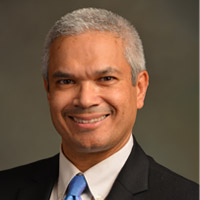
OTTAWA— Two years ago, Kreg Saunders moved to Ottawa’s Rideau-Goulbourn ward. Raised in Huntsville—which is about four hours from Ottawa and has a population just over 19,000 people—Saunders admitted he didn’t really understand the whole French-English debate in Ottawa, because to him it had never been an issue.
“We used to play French fries and English muffins in the schoolyard, at recess,” said Saunders.
“We listened to Roch Voisine to learn our verbs. But apart from that? No one really cared about French.”
According to an analysis of data retrieved from the federal government’s 2011 Census, only five houses reported speaking both official languages at home in the Rideau-Goulbourn ward; making it the least bilingual ward in Ottawa.
It also had the least amount of French speakers overall, with 1.6 per cent of the ward reporting to speak French.
Jean-Pierre Corbeil is the chief specialist in the Language Statistics Section at Statistics Canada. He said the results are not surprising, because most bilingual speakers in Ottawa tend end to live in the more Eastern parts of the city.
Corbeil said two things that affect a person’s bilingual proficiency are education and practice.
For an interactive version of the following map below please click the image below.
Rideau-Goulbourn has the lowest number of bilingual (English/French) speakers in Ottawa. Photo Screenshot ©ArcGis.
The ‘privilege’ of being bilingual
Corbeil said the search for French immersion programs is on the rise, not only in Ottawa, but in Canada as a whole. He explained that while people who got into these programs tended to come from households with a higher socio-economic status, it was not fair to say that bilingualism was reserved for the “elite.”
“We need to watch out by saying that people who want to learn French are privileged, because it’s not necessarily true.”
Gloucester-Southgate is one of Ottawa’s poorest wards and also has the most bilingualism, according to the most recent census data.
While only seven per cent of people living in the ward marked French as their first language, their neighbours in Cumberland and Innes have the largest proportion of French speakers in Ottawa—where 29.36 and 24.38 per cent of the populations spoke French, respectively.
Corbeil said this could be because people who live in communities that speak another language are also more prone to picking up the language faster, because they hear and are able to practice the language.
This is also true, said Corbeil, of people working in the public sector or who need to interact with people in both languages on a daily basis.
Officially, Ottawa is not a bilingual city, though it does try to accommodate people who speak both languages. But according to Corbeil there is a strong push developing among some groups to make it so in the near future.
University of Ottawa Political Science professor John Trent is among those who want the city to be bilingual. Trent said, because Ottawa is the capital of Canada, a country that prides itself on multiculturalism and on having two official languages, it should be able to service its residents in both English and French.
Trent learnt how to speak French as an adult. “I was given the ‘privilege’ of learning French. But at a certain point, I needed to make a choice,” said Trent.
Saunders said he would like to see more initiative from the government.
“I think if the government isn’t going to take bilingualism seriously they should just get rid of it. If they don’t even care, how the (sic.) heck, are you going to get other people to care?”
Saunders said he actually went to a French immersion school from grades one to nine. He works in construction and says he often has the opportunity to speak French, but chooses not to.
Bilingualism—what is it?
To Saunders being bilingual means to be able to express himself in two languages, without stuttering or hesitation. Saunders said he hesitated to speak to people at work, because he was embarrassed by his accent.
“I try to practice my French with them, but then they switch to English, because I guess they want to try and practice their English with me,” said Saunders, with a laugh.
Corbeil said that, in general, French speakers tend to be more bilingual than Anglophones, because English communities surround them, and they want to integrate.
“Of course, I appreciate French. I actually wish I was fluent,” said Saunders. “But English is the language of the world!”
McGill University Social Psychology professor Donald Taylor said English was a “pervasive language,” that dominates not only in Canada, but as Saunders would agree, the world.
Taylor said one reason Anglophones may be more resilient to learning French, is because of the cultural threat that it poses on an individual’s own situation.
“You go to immersion school. You learn to speak another language, say French. Now you discover that when applying to any national organization or private group, you’ve got an advantage on anyone else who doesn’t speak the language,” he continued.
In Ottawa, Francophones made more money on average, than other groups, in 2011.
“It’s all about the threat that it poses on them, the threat it poses to their family and their own ability to succeed.”
“It’s funny that it’s now 2015, we are less than 1 and a half years away from celebrating 150 years of Canada and Ottawa, our capital, is not even a bilingual city,” said Corbeil.
“It’s not just learning a new language, but opening yourself up to a new culture; a culture that happens to contribute to the make-up of our country.”


